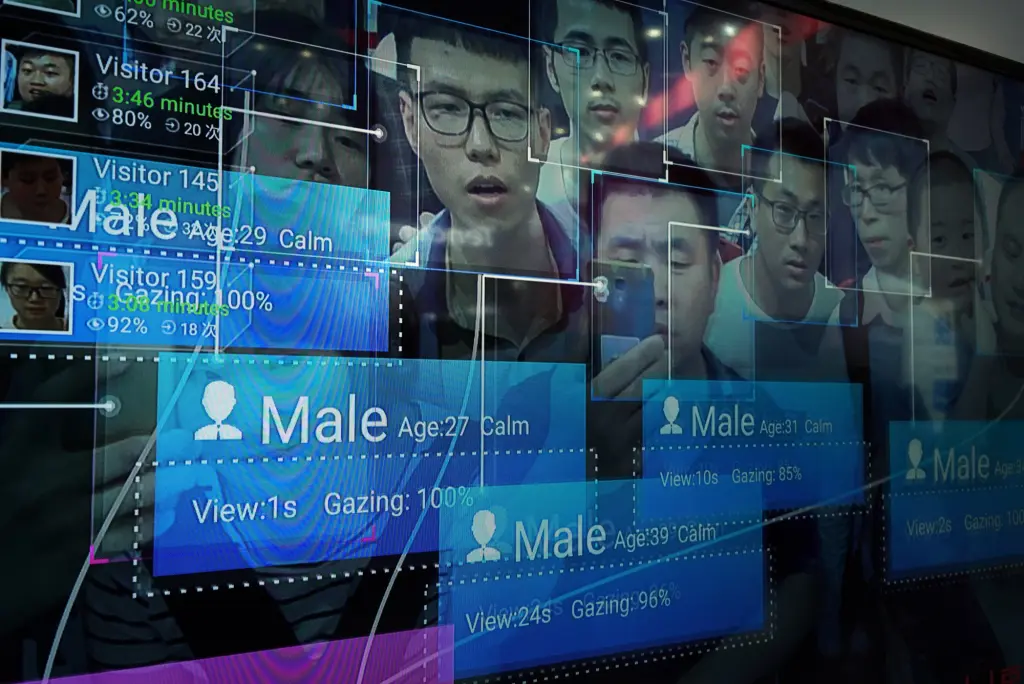Introduction: In the digital age, technology has become an essential component of our daily lives, altering the way civilizations function. One of the most exciting technological uses is seen in China’s Social Credit System (SCS). This approach, designed to promote integrity and discourage dishonest behavior, is primarily reliant on complex software programs. This article looks at the critical role that software applications play in the installation and operation of China’s Social Credit System.
Understanding the Social Credit System:
China’s Social Credit System is a nationwide initiative that integrates big data, artificial intelligence, and surveillance technologies to assess and score individuals and businesses based on their behavior. The system was introduced with the objective of fostering a culture of trust and integrity in both social and economic spheres.
Role of Software Applications:
Data Collection and Analysis:
Software applications are instrumental in gathering vast amounts of data from various sources, including online activities, financial transactions, and public records. These applications employ advanced algorithms to analyze the collected data, enabling the system to assign individual scores based on behavior patterns.
Surveillance Technology:
Integrated with cutting-edge surveillance technology, software applications monitor public spaces, utilizing facial recognition and other tracking mechanisms. This constant surveillance contributes to the assessment of an individual’s behavior, influencing their social credit score.
Communication and Notification:
Software applications facilitate communication between the Social Credit System and individuals. Notifications regarding changes in credit scores, as well as warnings and penalties, are conveyed through these applications. This real-time interaction enhances the effectiveness of the system.
Policy Implementation:
China’s Social Credit System is dynamic, adapting to evolving social norms and government policies. Software applications play a crucial role in implementing and updating these policies, ensuring the system remains responsive to the changing landscape of social behavior.
Integration with Financial Systems:
Software applications seamlessly integrate with financial institutions, allowing the Social Credit System to influence economic activities. Individuals with higher credit scores may receive preferential treatment, such as access to loans or reduced interest rates, while those with lower scores may face restrictions.
Behavioral Modification:
Beyond the punitive aspects, software applications are utilized to encourage positive behavior. Rewards, incentives, and recognition can be integrated into the system to motivate individuals and businesses to maintain or improve their social credit scores.
Challenges and Controversies:
While software applications are essential for the smooth functioning of the Social Credit System, concerns have been raised about privacy violations, potential abuse of power, and the lack of transparency in the scoring algorithms. Striking a balance between maintaining social order and respecting individual rights remains a complex challenge.
Conclusion:
China’s Social Credit System stands as a testament to the transformative power of technology in shaping societal norms. Software applications drive the functionality of this system, playing a multifaceted role in data collection, analysis, communication, and policy implementation. As we witness the ongoing evolution of this ambitious initiative, it prompts us to reflect on the delicate balance between technological advancements and ethical considerations in the pursuit of social harmony.
What is the purpose of China’s Social Credit System, and how do software applications contribute to its objectives?
The Social Credit System in China aims to promote trustworthiness and discourage dishonest behavior in both social and economic contexts. Software applications play a crucial role by collecting and analyzing data, implementing policies, and facilitating communication to achieve these objectives.
How does the Social Credit System impact individuals’ daily lives, and in what ways do software applications influence behavioral changes?
The Social Credit System affects individuals’ lives by assigning scores based on behavior, which can influence access to loans, job opportunities, and other social benefits. Software applications contribute to behavioral changes by implementing reward systems, notifications, and penalties through real-time interactions.
What are the main concerns surrounding China’s Social Credit System, particularly in relation to the use of software applications?
Concerns include potential privacy violations, abuse of surveillance technology, and the lack of transparency in scoring algorithms. The role of software applications raises questions about the ethical implications of collecting and analyzing personal data for the purpose of social credit scoring.
How does the integration of surveillance technology into software applications impact the overall functionality of the Social Credit System?
Surveillance technology, integrated into software applications, plays a pivotal role in monitoring public spaces and assessing individuals’ behavior. This constant surveillance contributes to the accuracy of social credit scores, but it also raises concerns about the balance between maintaining social order and respecting individual privacy.
Can individuals improve their social credit scores, and what role do software applications play in encouraging positive behavior within the system?
Individuals have the opportunity to improve their social credit scores through positive behavior. Software applications facilitate this process by implementing reward systems, incentives, and notifications to motivate individuals to adhere to societal norms and contribute to a culture of trust and integrity.


